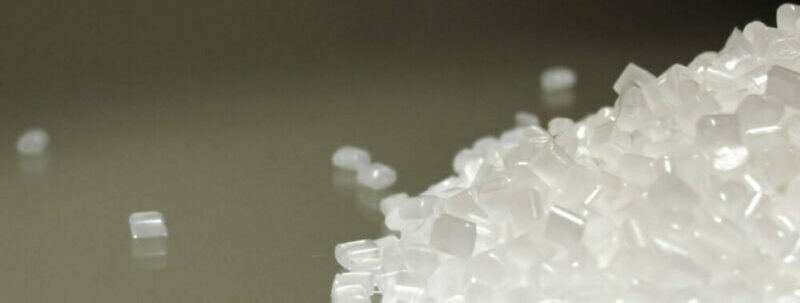BIOSAFE® renders compounds inherently antimicrobial. The organosilicon technology is more cost-effective and faster acting than silver-based additives, avoids discoloration, and is non-leaching. This new antimicrobial protects plastics from staining and degradation caused by bacteria, mold, mildew, and fungi. BIOSAFE® does not migrate, diffuse, or leach out of the protected plastic.
BIOSAFE® technology provides an environmentally sustainable means of prolonging the useful life of consumer and industrial products. BIOSAFE® addresses the growing demand among the healthcare community for increased hygienic cleanliness in medical products for hospitals and doctors’ offices. As a nontoxic polymer that renders plastic surfaces permanently antimicrobial, BIOSAFE® eliminates the safety issues associated with leaching antimicrobials and does so while actually reducing the cost to protect finished goods.
BIOSAFE® protected products contain no volatile organic compounds (VOCs), heavy metals such as arsenic, or polychlorinated phenols. Toxicity tests have demonstrated that BIOSAFE® products do not cause irritation or sensitization in skin contact. BIOSAFE®’s chemistry can be utilized as a modifier to class I and II medical devices under the FDA 510(k) process. BIOSAFE® is a polymeric powder registered with EPA as HM4100 Antimicrobial Reg. No. 83019-1.
The antimicrobial component of HM4100 kills microorganisms by effectively puncturing and rupturing the organisms’ cell wall. By comparison, conventional antimicrobials kill by leaching into the cell, where they are metabolized and interfere with critical life processes. This conventional mode of action has been shown to cause microorganisms to mutate and adapt, becoming resistant to the antimicrobial. BIOSAFE® products avoid this problem.
The antimicrobial effectiveness and safety is verified by independent GLP/EPA registered labs and published in peer reviewed journals.
Methods:
- ISO 22196:2007
- ASTM E-2149-10
- ISO 10993
BIOSAFE® protects materials used in a wide range of consumer and industrial applications where microorganisms can cause staining, pitting, deterioration, or foul odors. BIOSAFE® solves microbial problems in these end uses:
Protects medical devices and surfaces in healthcare environments. The spread of infection in hospitals and the development of antibiotic-resistant bacterial strains is nationally recognized as a critical healthcare problem, one that BIOSAFE® antimicrobial can help solve through its use in catheters, wound dressings, and high-contact environmental surfaces such as door knobs and counter tops.
The heat and moisture to which siding, flooring, roofing, decks, and other components are exposed promote the growth of molds and mildews. According to the insurance industry, mold-related damage to building products causes well over an estimated $2-billion in claims per year.
Whether its playing sports and adventuring outdoors, gear gets wet and stays damp. This is when microbes can proliferate and cause odors and staining. With built-in protection from BIOSAFE®, mold, mildew and bacteria never have a chance to get a foothold and multiply. The equipment stays cleaner longer, and free of unwanted odors.
Gelest, Inc. supplies antimicrobial products based on two awarded patents. The company’s core product is BIOSAFE® HM4100 antimicrobial polymer. This is available in the form of a powder for mixing, compounding, and dispersing; treating pigment and filler surfaces, rendering them antimicrobial; and incorporating in water or solvent solutions at various concentrations. These modified fillers can be formulated into a range of technology platforms such as thermoplastic and thermoset resins, water and solvent-based coatings, adhesives, or sealants. BIOSAFE® also assists customers in obtaining antimicrobial test results from third party labs.




